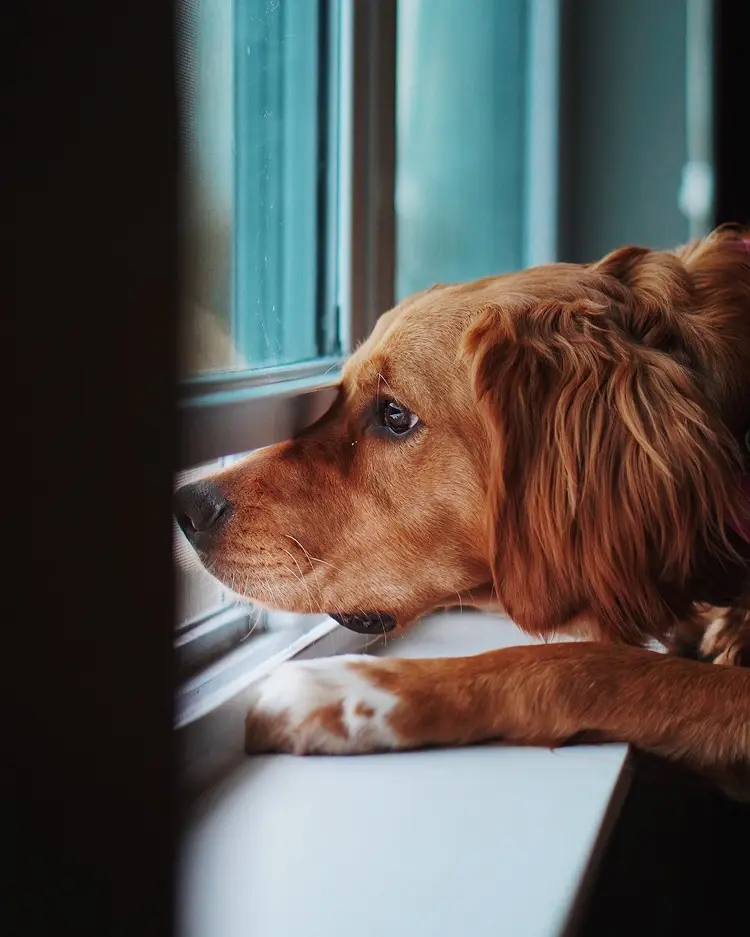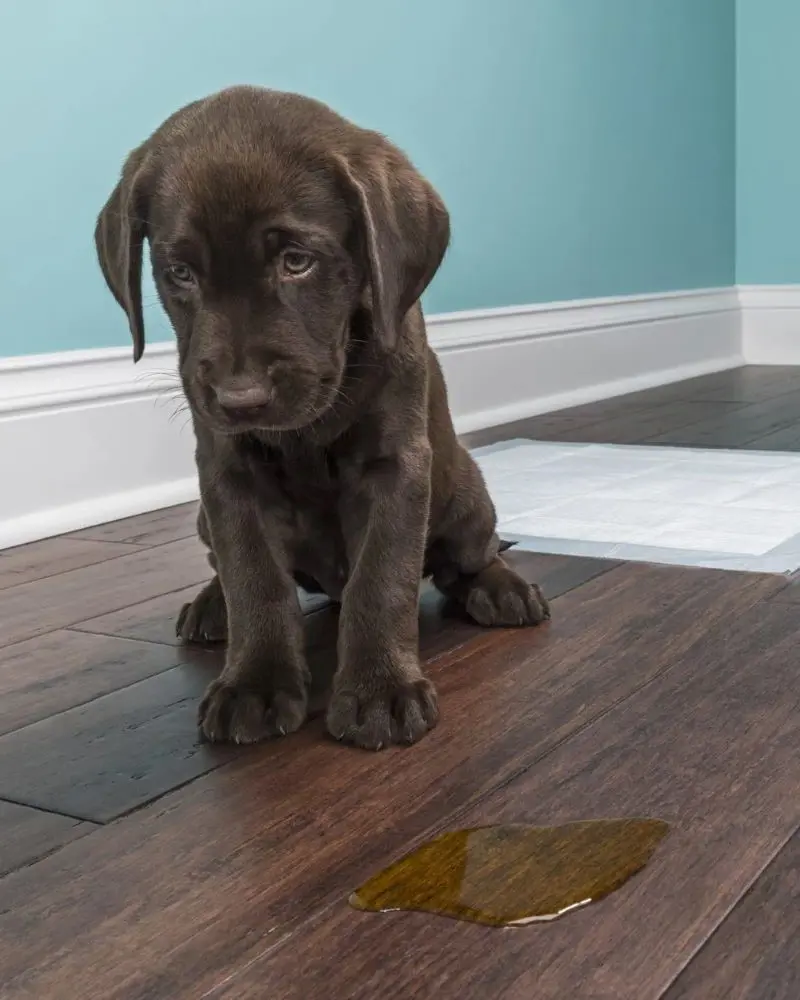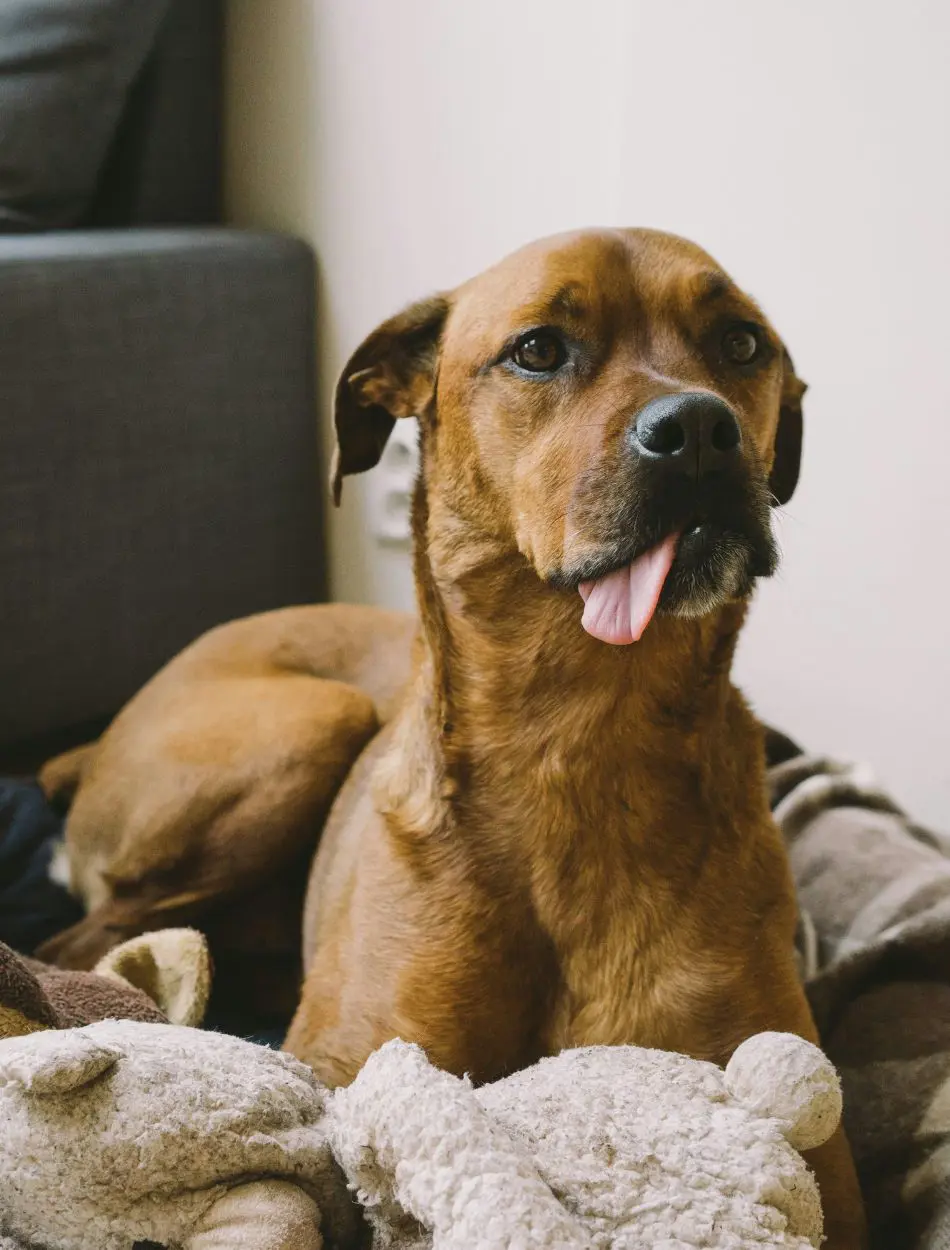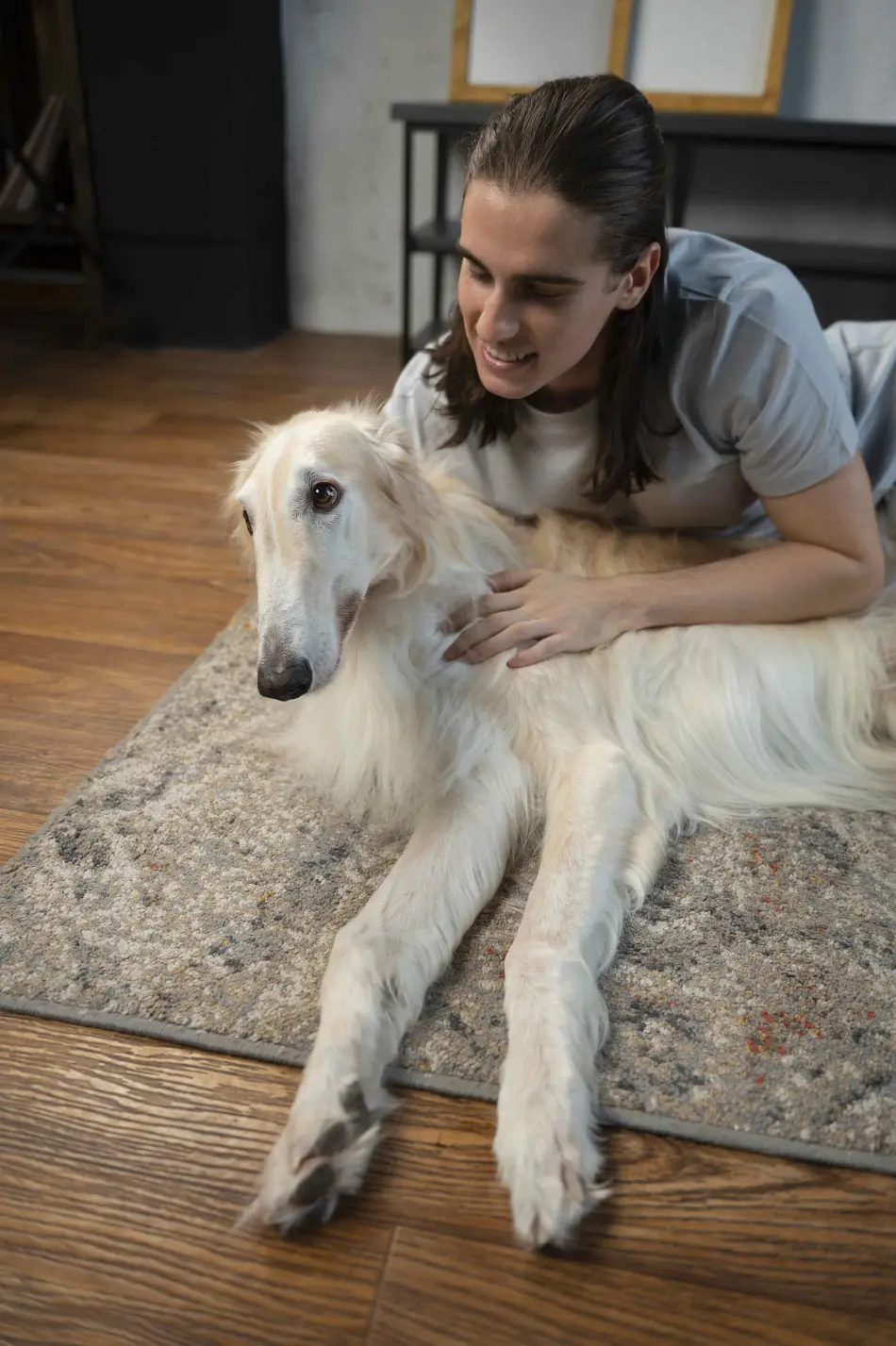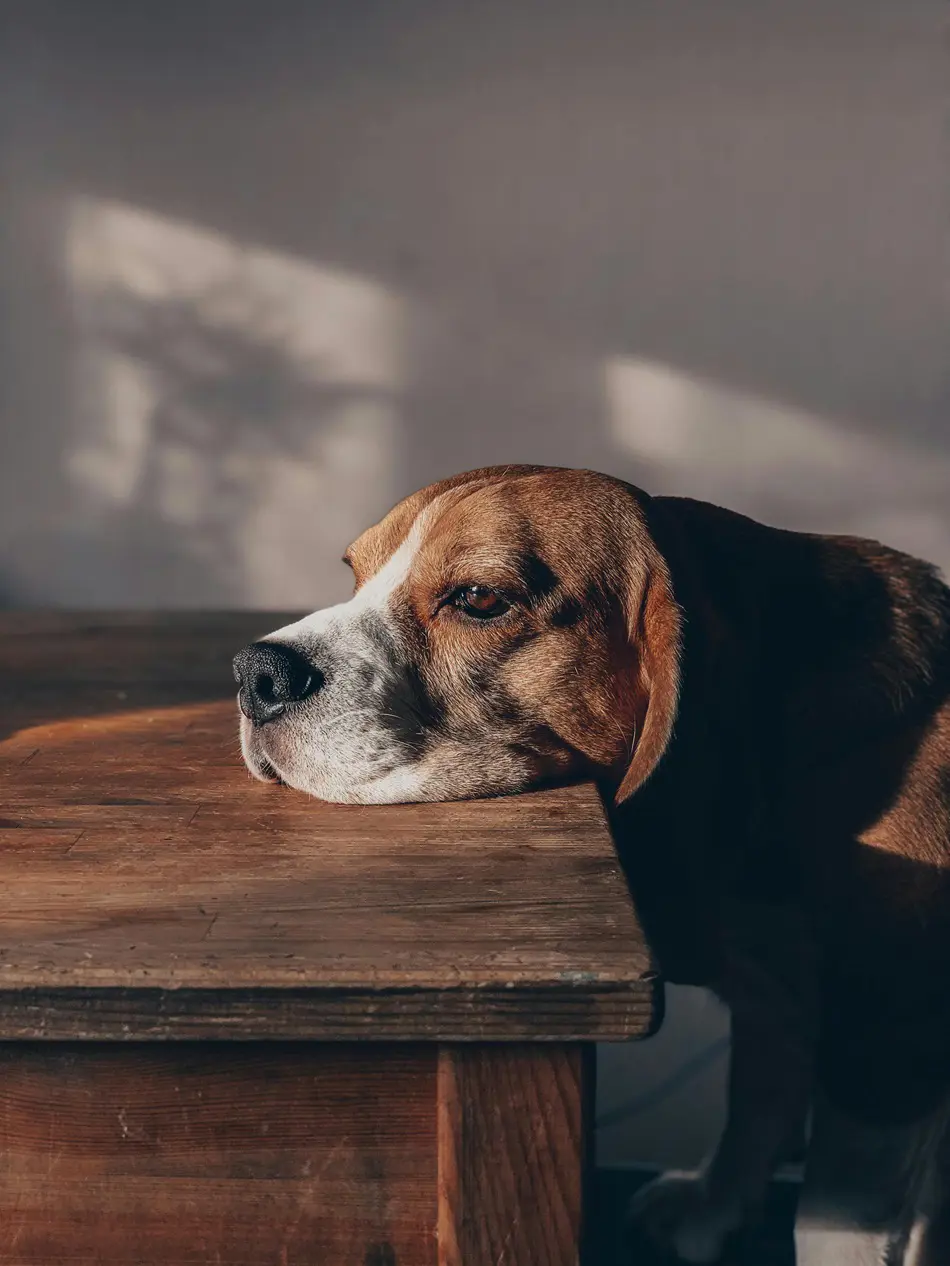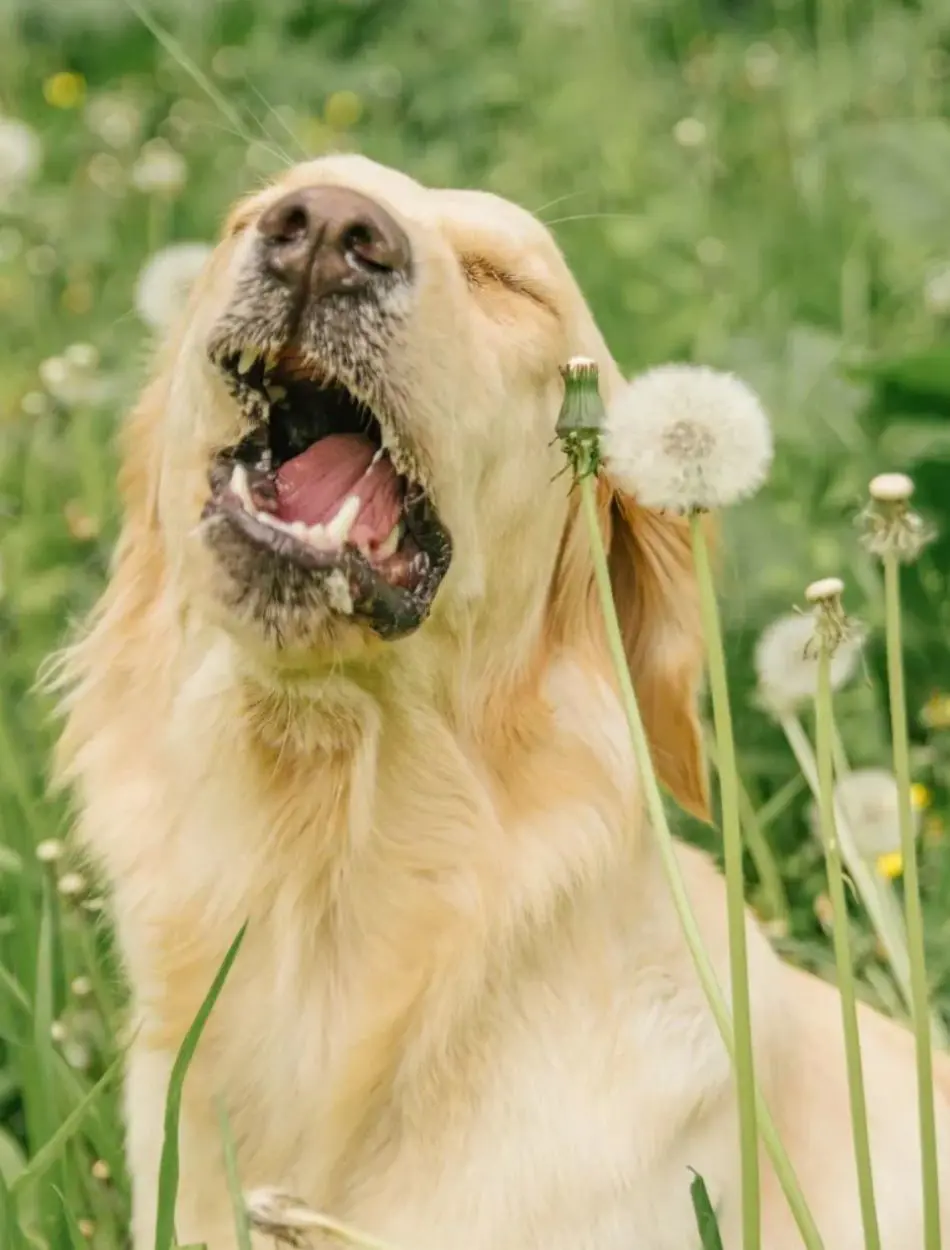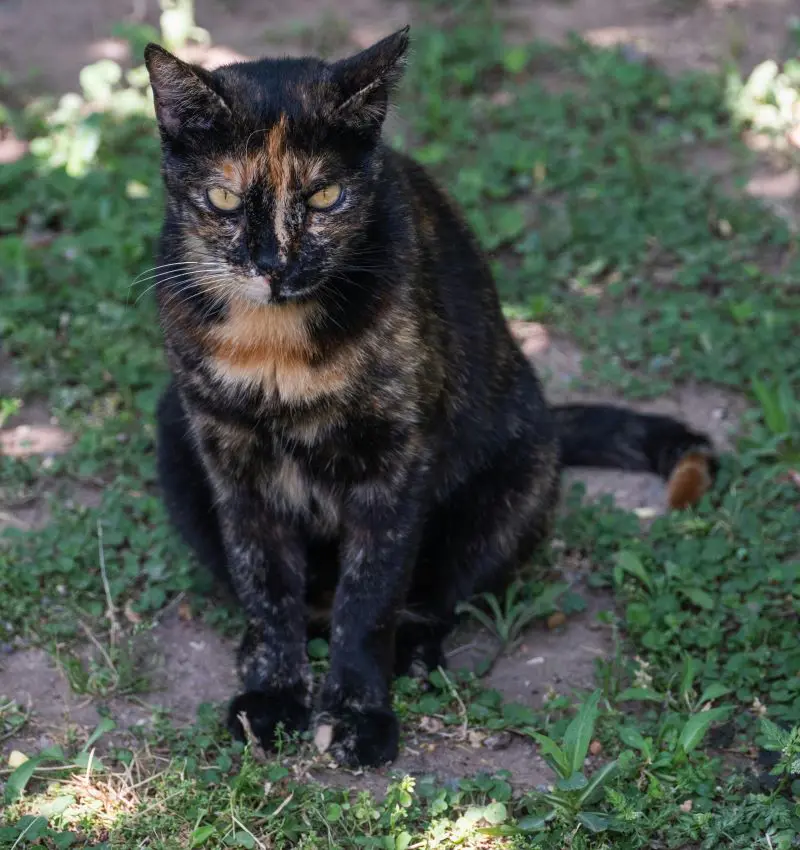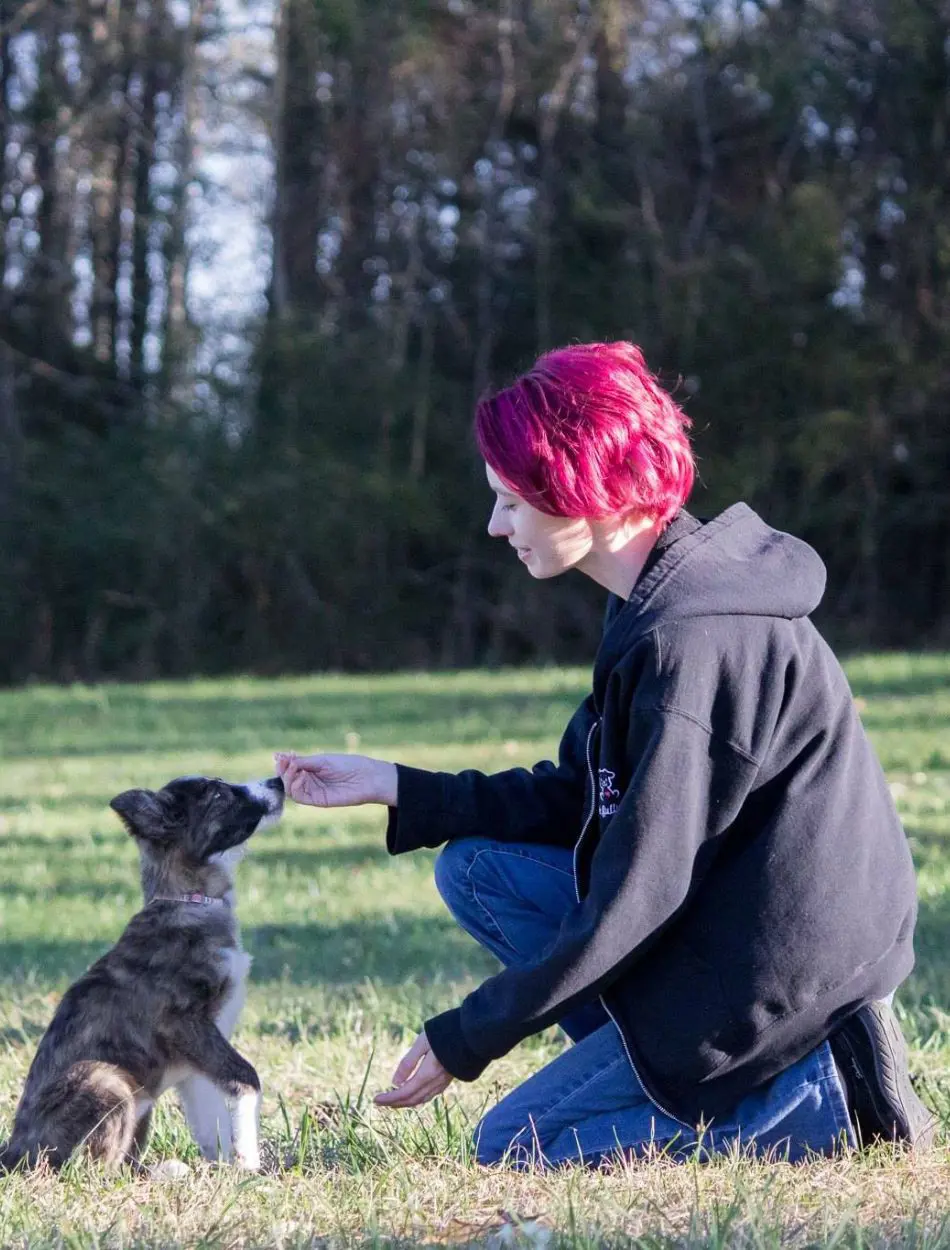15 Reasons Why Dogs Eat Poop And How To Stop It
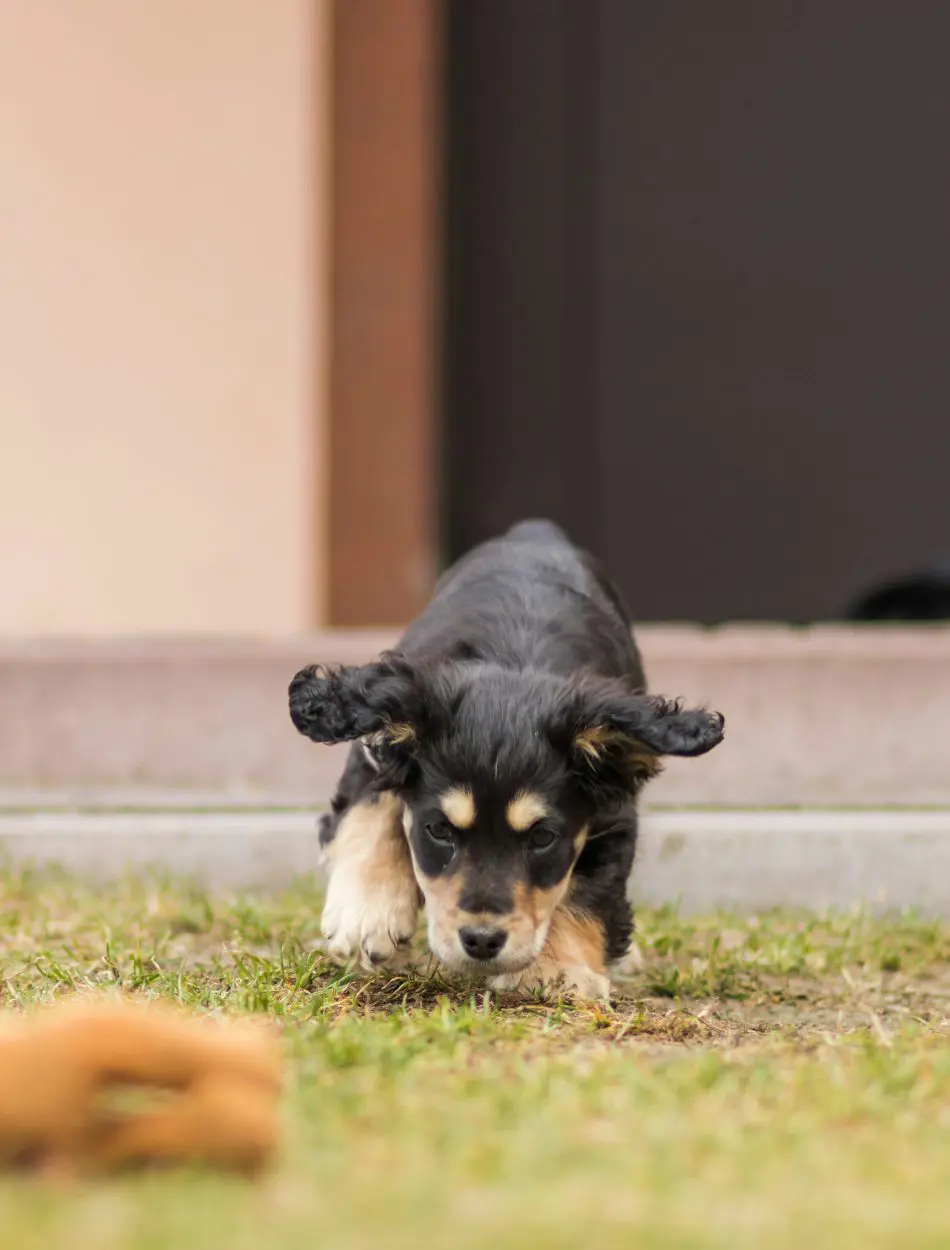
Dogs sometimes engage in odd and unhealthy behaviors, along with ingesting their poop or that of different animals. This habit may be concerning and disgusting for any pup owners.
This habit has many motives, however, the secret is locating effective approaches to correct it. Here are 15 reasons why dogs eat poop and its prevention techniques.
1. Lack Of Nutrition
Puppy-ingesting poop is not unusual due to nutritional deficiencies, both because their meals lack essential nutrients or due to the fact they may be now not properly consuming vitamins in the route of digestion, a situation known as malabsorption.
While such deficiencies are unusual in dogs fed proper diets, they may be extra trendy in puppies fed uncooked or self-made diets, in which balanced nutrients can be more difficult to gain.
2. Underlying Medical Issues
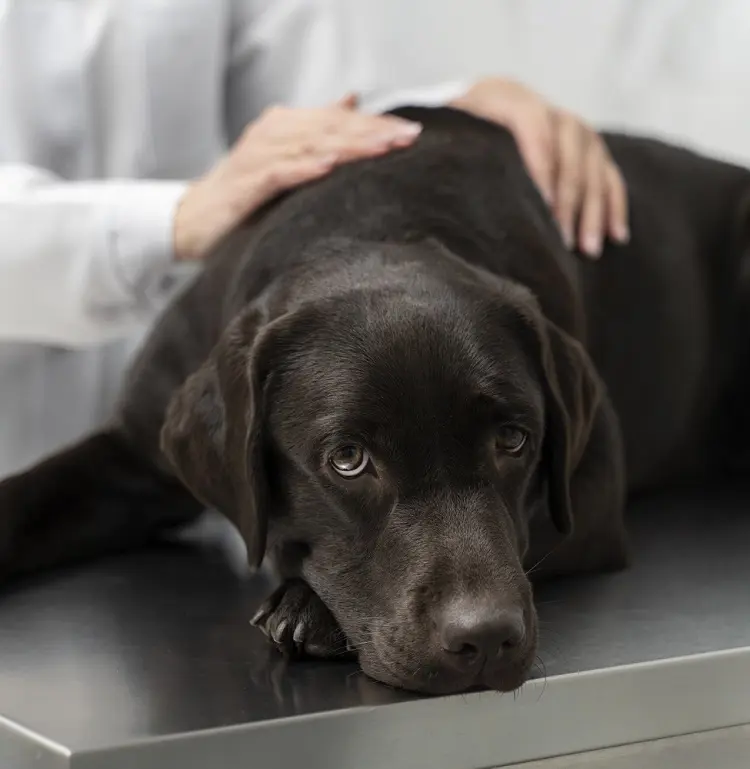
If a dog all at once starts consuming poop, it might indicate underlying problems that motivate multiplied urges for food, including diabetes, Cushing's disease, exocrine pancreatic insufficiency, or gastrointestinal sicknesses.
Additionally, dog cognitive dysfunction, regularly referred to as doggie dementia, can contribute to this conduct. Identifying and treating these medical situations with the assistance of a veterinarian is critical for addressing these problems.
3. Intestinal Parasites
Intestinal parasites such as roundworms, hookworms, and whipworms can cause co-infections by stealing vitamins from dog food.
These parasites cause irritation and poor circulation in the intestines, depriving the dog of nutrients. This nutritional deficiency can force the canine to eat poop and try to gain the lacking vitamins.
4. Anxiety And Stress
Dogs typically eat different dogs poop when there may be underlying anxiety or stress. This conduct may stem from separation tension, isolation distress, or fear of punishment throughout potty training.
Dogs experiencing anxiety or tension can interact with coprophagia as a coping mechanism to alleviate their emotional pain.
Addressing the basic cause of the tension through schooling, imparting peaceful surroundings, and searching for advice from a veterinarian or behaviorist can assist mitigate this behavior and improve the dog's overall well-being.
5. Hunger And Food Obsession
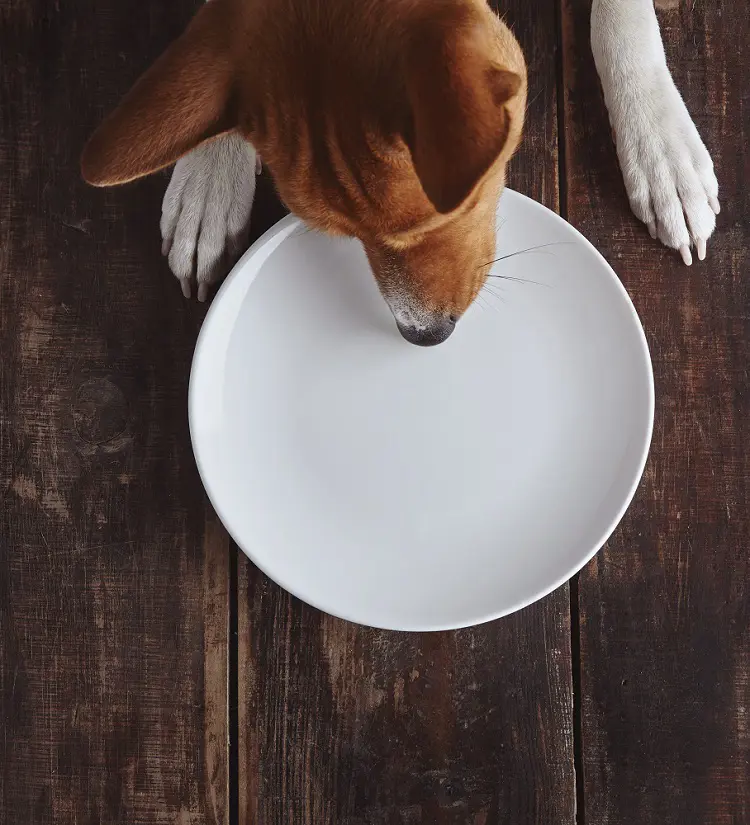
A dog that is extremely malnourished or starved will eat anything it comes across. Even when they are well-fed, some dogs constantly have a constant hunger pang.
A lot of dogs have a complete food obsession and will eat anything that appeals to them.
Sadly, a lot of dogs appear to enjoy the flavor of feces. Some people think that a dog's diet will eat the excrement when it is incomplete. According to the majority of veterinarians, coprophagia is not caused by this.
6. Instinct
It is like mother dogs to lick their puppies clean, even consuming their feces This typical mother behavior maintains the cleanliness of the puppies' surroundings. A lot of puppies will start eating dog poop at a young age.
While some puppies outgrow this typical behavior, others carry it throughout adulthood. It's also accepted to regard eating the excrement of other animals as normal behavior. If you own a cat, you might discover that your dog is drawn to the litter box.
Dog-eating cat poop is quite normal as the majority of dogs adore them. Cats' high-protein diets may be the cause of this.
8. Attention Seeking
If a dog feels neglected or lacks sufficient interaction, it may engage in undesirable behaviors like coprophagia to elicit a reaction. Owners often respond strongly to this behavior, inadvertently reinforcing it by giving the dog attention, even if it is negative.
To address this, make sure your dog receives adequate positive attention through regular play, exercise, and affection. Ignoring behavior while providing alternative forms of engagement can help reduce attention-seeking coprophagia.
9. Poop Tastes Good to Them
Small dogs sometimes eat it because of undigested nutrients that they find appealing. Not only their own but they tend to go for other animals' excretes as well.
For instance, horse manure or cat feces would possibly have remnants of meals that seem tasty to a dog.
Consuming such waste can cause gastrointestinal issues and infections. To prevent this, it’s critical to educate your dog to avoid poop and offer them a properly-balanced eating regimen that meets their nutritional goals.
10. Copying The Behavior From Another Dog
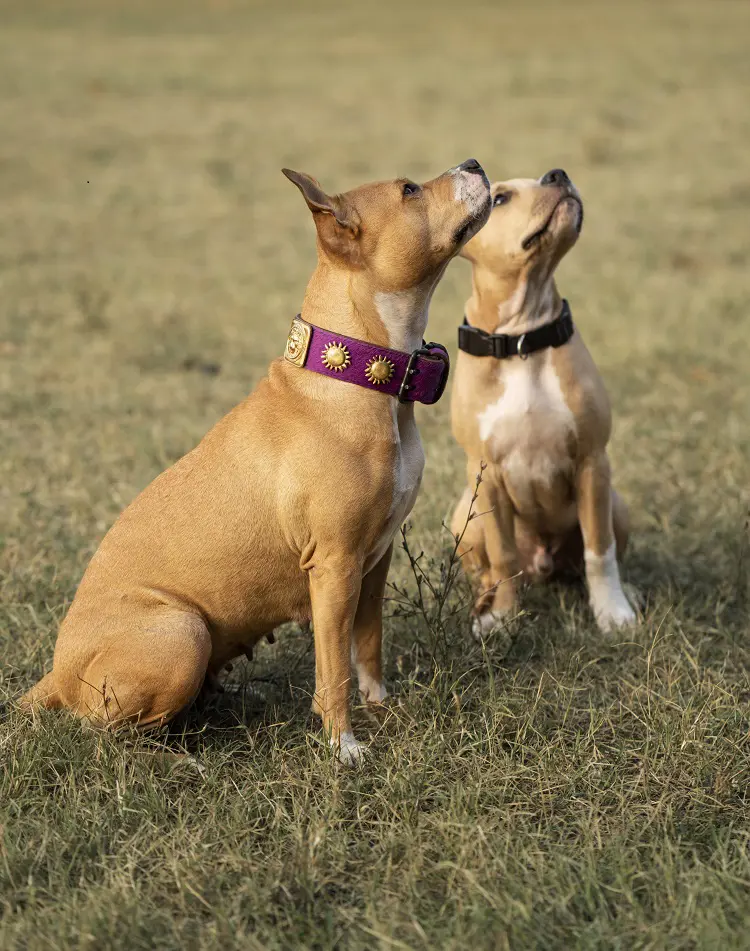
This is particularly common in multi-dog households or environments where dogs are exposed to each other's behaviors, such as kennels or dog parks. Puppies are especially prone to imitation as they learn from observing adult dogs.
If an older dog eats feces, younger dogs may mimic this action, thinking it's normal. To prevent this, supervise interactions between dogs and discourage coprophagia immediately.
Training all dogs in the household to avoid this behavior, and using positive reinforcement for good behavior, can help break the cycle of imitation.
11. Scent Marking
Some dogs may eat feces as a form of scent-marking behavior. By consuming their own or other dogs' feces, they attempt to eliminate odors that could reveal their presence to potential competitors or threats.
This instinctual behavior stems from a desire to maintain a low profile in their territory or pack hierarchy.
Dogs may perceive this as a way to assert dominance or protect resources by reducing olfactory cues that could attract attention.
Managing this behavior involves addressing underlying territorial instincts through behavioral training and providing alternative methods for dogs to assert their presence without resorting to coprophagia.
12. Isolation
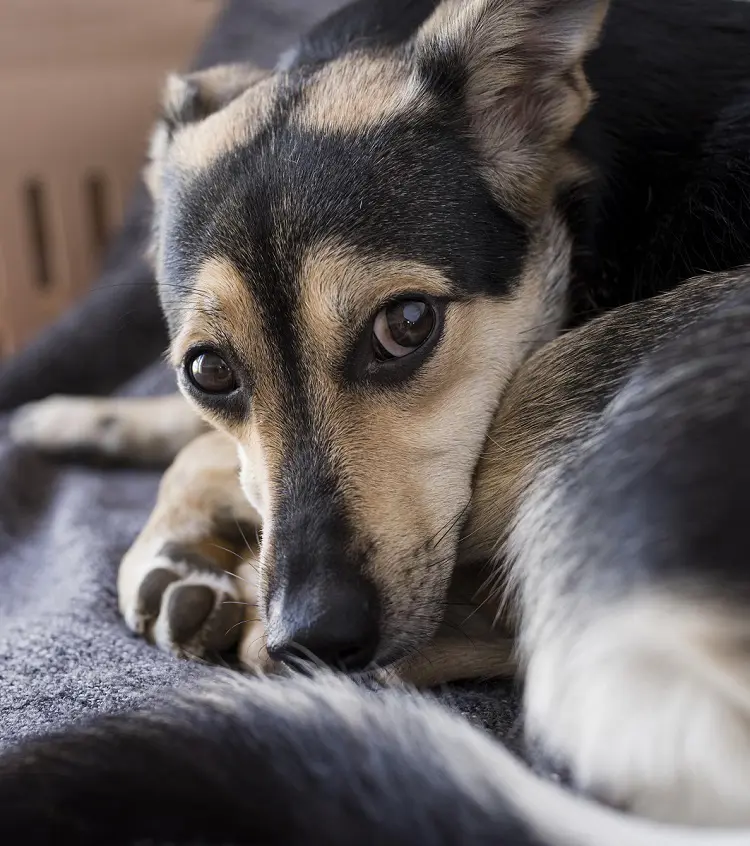
Dogs isolated in small spaces may additionally have interaction in coprophagia because of isolation and shortage of mental stimulation.
In cramped environments, particularly while left on their own for prolonged periods, dogs may additionally resort to eating feces as a coping mechanism for boredom or loneliness.
Without a good enough area to explore or interact with their surroundings, they may be trying to find peeps as a form of hobby or sensory stimulation. Addressing isolation and imparting numerous stimuli can notably reduce the likelihood of coprophagia.
13. Endocrine Disorders
Endocrine problems inclusive of diabetes or hypothyroidism can lead to coprophagia in dogs by causing constant hunger. Conditions like diabetes can bring about volatile blood sugar levels, triggering excessive hunger pangs that drive dogs to look for extra sources of food, along with poop.
Similarly, hypothyroidism, in which the thyroid gland is underactive, can sluggish metabolism and increase appetite, potentially leading puppies to consume stools as a method of alleviating chronic hunger.
Proper diagnosis and management of these endocrine issues through veterinary care and appropriate medication are crucial to regulate appetite and decrease the probability of coprophagia related to hormonal imbalances.
14. Scavenging Behavior
Scavenging behavior in dogs is an instinct inherited from their wild ancestors. In the wild, canines had to rely on finding food wherever they could, often consuming leftovers from other animals or whatever was available.
Even though domestic dogs are fed regularly, this ingrained survival instinct can still persist, leading them to eat things they find on walks, in the yard, or even inside the home.
15. Poor Hygiene From Puppyhood
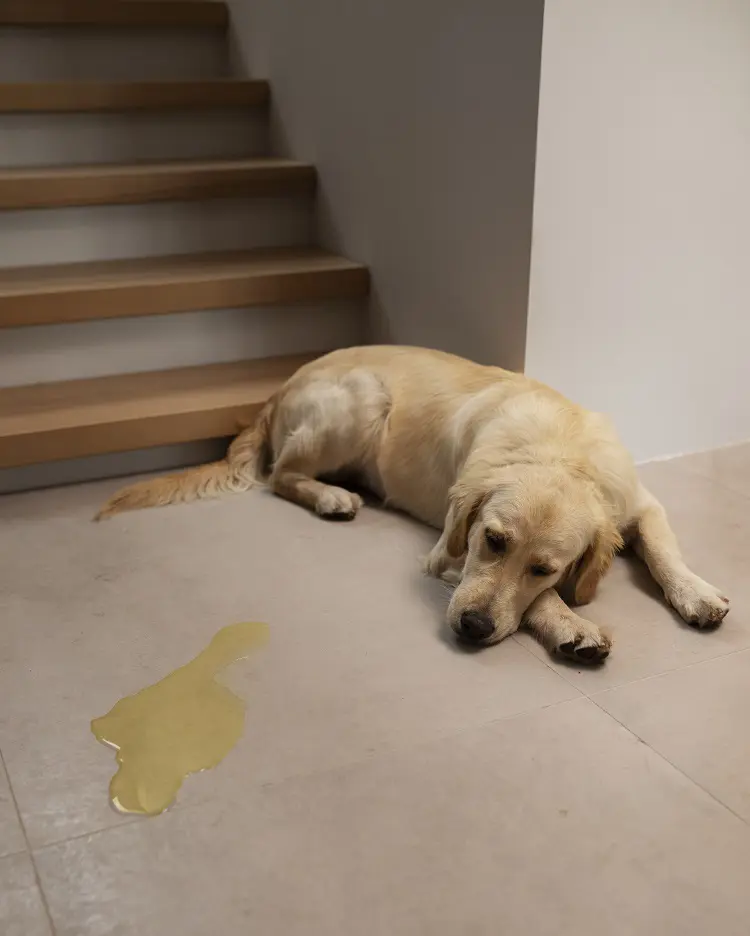
Poor hygiene practices at some point in puppyhood can contribute to coprophagia in puppies. If puppies are not properly wiped clean or if they are exposed to unsanitary conditions early in existence, they'll expand behaviors like eating feces as a manner to manipulate their environment or alleviate pain.
This behavior can become habitual if not addressed promptly, leading to ongoing coprophagia into adulthood. Establishing good hygiene routines from the beginning, providing clean living conditions, and ensuring puppies are adequately socialized and stimulated can help prevent such behaviors.
Early intervention and consistent training are essential to discourage coprophagia stemming from poor hygiene practices.
How To Stop Your Dog From Eating Poop
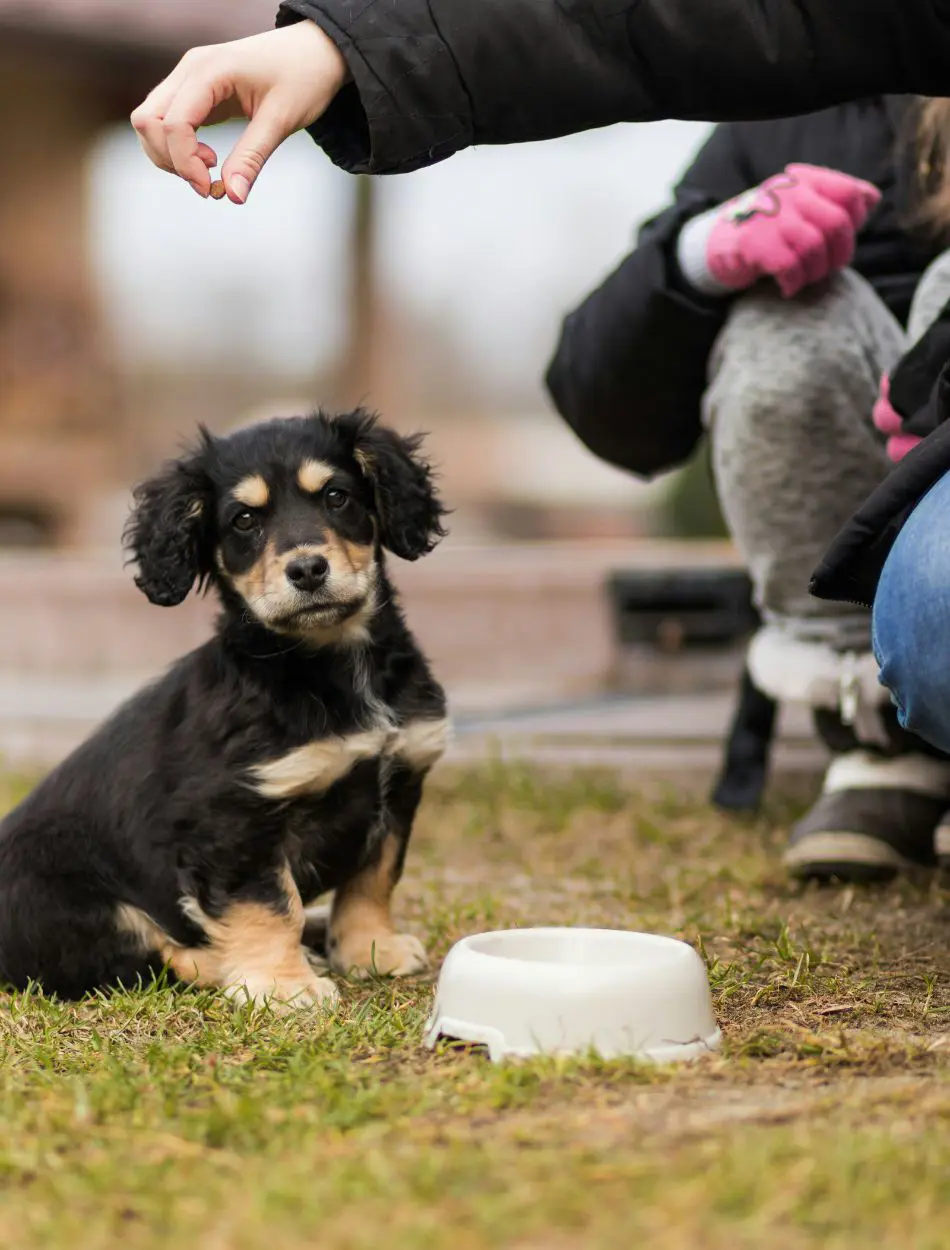
Some health problems and habits are difficult to solve, but luckily treating coprophagia is easy in most dogs. Here is what you need to do:
Hair Testing
According to Akc website, hair testing, together with a hair check, is useful if your dog eats poop to pick out mineral imbalances and deficiencies. This non-invasive and price-effective technique analyzes minerals found in hair samples, supplying insights into your canine's nutritional status.
By pinpointing specific deficiencies, you could modify their weight-reduction plan or complement intake for that reason to deal with underlying health troubles that could contribute to coprophagia.
This helps optimize your canine's nutrition and normal well-being, probably reducing the behavior of consuming feces.
Feed High-Quality Food
Feeding extremely good, species-suitable food is crucial to prevent dogs from consuming feces because of dietary deficiencies.
Dogs' digestive structures are designed for raw meat, comparable to their ancestral wolves. Commercial kibbles, introduced for human comfort, might not provide the surest nutrients.
Choosing nutritious, balanced diets that mimic a dog's natural diet can improve overall health, reducing the likelihood of coprophagia by ensuring they receive essential nutrients without seeking them from feces.
Giving Natural Essentials
Every dog needs to receive vital natural dietary supplements: minerals, vitamins, probiotics, and omega oils, to help their general health. These supplements assist fill dietary gaps and promoting a robust immune system and digestive fitness.
Additionally, regular fecal pattern examinations are vital to cope with any intestinal problem promptly, ensuring your canine's weight loss program helps their well-being without accidental headaches from parasitic infections.
Digestive Enzyme Supplements
These supplements are useful resources in breaking down food greater efficaciously, improving nutrient absorption.
Dogs with terrible digestion may also ingest poop to catch up on nutrient deficiencies.
Using digestive enzyme dietary supplements enables optimal digestion, ensuring your canine receives adequate nutrients from its meals and lowering the urge to devour feces.
Leash Walks
Walking your dog on a leash affords manipulation over their surroundings, stopping eating poop and different undesirable items.
It lets them manual their movements, keeping them away from probably harmful substances and retaining cleanliness.
Prompt Cleanup
Promptly cleaning up your canine’s feces, whether or not on or off leash, prevents them from consuming it and maintains cleanliness for every person.
Leaving feces in the backyard creates an opportunity for puppies to engage in coprophagia.
Regularly removing waste ensures a hygienic environment, reducing the likelihood of health issues and discouraging the habit of eating feces by eliminating the source promptly.
Dog Training
Teaching your canine to respond to "Leave It" along with different commands will assist keep away from probably harmful or undesirable gadgets for the duration of walks or at home.
It reinforces obedience and safety, allowing you to redirect your canine's attention far away from gadgets they must no longer contact or consume, promoting a well-behaved and controlled pet.
Additional Tips
You can help forestall your dog from eating poop by adding unique substances to their food. Pumpkin puree is rich in fiber and vitamins, keeping dogs full.
Apple cider vinegar aids digestion and makes poop odor unappealing. Probiotics enhance gut fitness and can reduce the urge to eat poop.
Recent posts
Dogs
Why Do Dogs Pee In The House?
Uncontrolled peeing inside the house is usually perceived as a sign of a poorly-disciplined dog. However, it may not always be true as the canine could be suffering from a medical issue or cognitive decline. And, getting made is not the solution as y...
Dog Sleeping Positions And Their Meanings
The diverse sleeping dog positions of our furry companions unveil a fascinating tapestry of behaviors and emotions in the canine realm. From the classic Curler to the enigmatic Superman, each posture conveys a unique message about a dog's well-being ...
Dog In Heat: When It Happens And How Long Does It Last
A female dog will get to the phase of reproduction known as the heat cycle if she has not been spayed. If you have an unspayed female dog, it's vital to understand the stages of her heat cycle. During heat, a canine's conduct may additionally c...
15 Causes of Dog Losing Hair
Occasional hair loss and shedding is a natural physical process in dogs. Seasonal shedding helps remove dead and excessive hair from their body. But, when a dog starts losing excessive hair, it can be a terrifying sight for pet owners. Often, dog par...
18 Signs A Dog is Dying
Recognizing the signs that a dog is dying can be heartbreaking, but it's far more essential to offer comfort in their final days. The signs consist of changes in behavior and constant hunger indicating that it may be time to say good-bye. Owners who...
Why Is My Dog Sneezing? 18 Common Reasons
You may notice that your dog sneezes and have some curiosity about their well-being-as they would react to dust, pollen, or strong odors. Though sneezing can be as common in dogs as in humans, you need to determine whether it falls into playful, occa...
